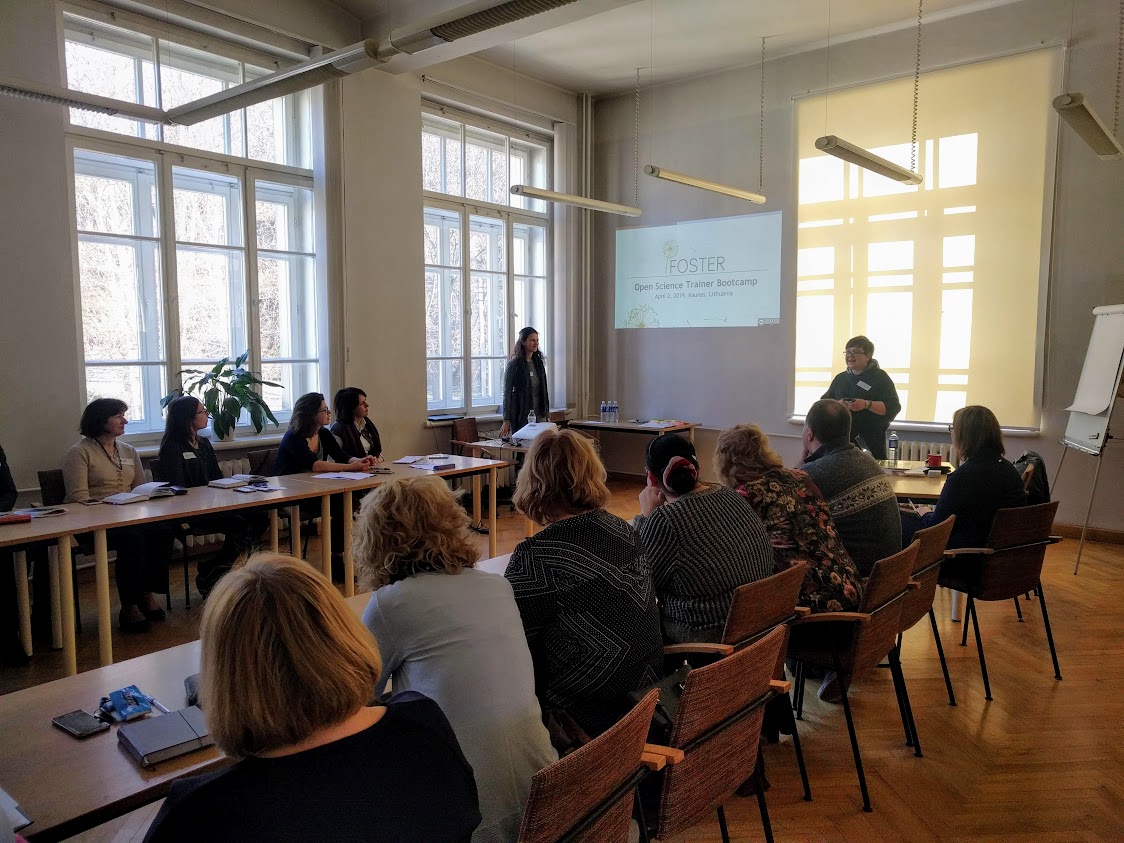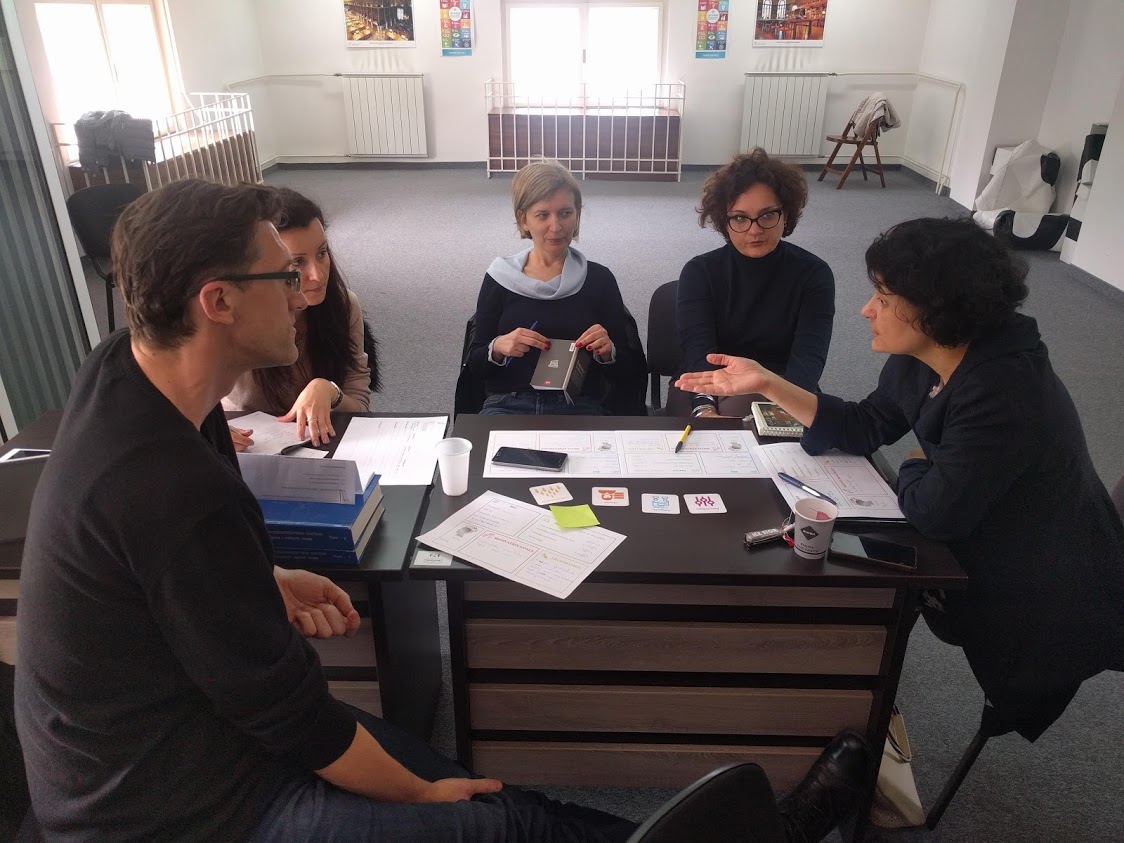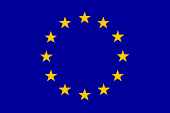The last two FOSTER Train-the-Trainer bootcamps in Lithuania and Serbia: report
In April 2019, FOSTER co-organised no less than three train-the-trainer bootcamps. As the project has now ended, these were the last ones we gave in this format, and we went out with a bang!
The idea behind this bootcamp is not to give training about open science as such, but rather to train the participants (who are open science experts themselves) to pass on their experience, knowledge and skills to others - and also to learn from their colleagues' experiences.
About the bootcamp in The Hague you can read more here.
"This is how you make Open Science interesting!" - a participant at the training in Kaunas, Lithuania.
Bootcamps in Kaunas, Lithuania and Belgrade, Serbia.
The bootcamps in Kaunas and Belgrade were given by Helene Brinken (UGOE) and Gwen Franck (EIFL). The participants were selected because they were familiar with open science related topics and because they wanted to sharpen their training skills during these one-day workshops. Each workshop trained 25 participants - mostly research administration staff and librarians, but also some senior researchers - who all evaluated the trainings very positively (with an average score of 5 out of 5 points!).
Both bootcamps followed the same programme, based on the previous trainings given in late 2018 (Riga, Latvia) and early 2019 (Debrecen, Hungary). The morning programme consists of a theoretical part, where trainers present a number of resources for open science training, discuss training techniques and didactical concepts and gamification strategies and tools. In a conversation with the audience, the trainers also discuss essential skills for creating impactful trainings such as assessing the training audience, finding openly licensed materials to illustrate training materials and practical/organisational considerations. To ensure that this part of the training is not merely a top-down theoretical presentation, the trainers practice what they preach and allow plenty of room for interactivity - not only by engaging the audience in the conversation and encouraging them to share their own experiences, but also via some exercises such as a flipchart exercise to assess potential impact, increase attention for and attendance at a training event.
The master presentation for this part of the training is available here.
The afternoon session was largely reserved for the train-the-trainer card game. During this exercise, participants divide themselves in small groups and decide on a training topic. Using the cards, they pick blindly the conditions for the training they're supposed to be giving (audience size, audience type, knowledge level and training type). After creating some typical persona profiles that would attend their training, each group gets to work and develops a concept for a training, which they will afterwards present to the entire group. During this presentation, trainers hit them with two types of situations they cannot predict beforehand and to which they'll have to adapt their training on the spot: trouble (such as: 'no wifi', or 'noisy room') and audience mood (such as: 'shy' or 'chaotic'). In a conversation with the audience, not only the training concept gets evaluated, but also responses to these unexpected issues are formulated - usually, a lot of people have experienced similar situations and it is useful to learn from their experiences!
You can read a detailed report about the training in Kaunas, Lithuania by OpenAIRE NOAD Ieva Ceseviciute over at the OpenAIRE blog.
As the FOSTER project has now ended, we do not organise any more bootcamps. However, if you want more information about the concept and individual availability of trainers, you can contact Helene Brinken or Gwen Franck via email.


 Unless otherwise stated, all materials created by the FOSTER consortium are licensed under a CREATIVE COMMONS
ATTRIBUTION 4.0 INTERNATIONAL LICENSE.
Unless otherwise stated, all materials created by the FOSTER consortium are licensed under a CREATIVE COMMONS
ATTRIBUTION 4.0 INTERNATIONAL LICENSE.
 This project has received funding from the European Union’s Seventh Framework Programme for research,
technological development and demonstration under grant agreement no 612425.
This project has received funding from the European Union’s Seventh Framework Programme for research,
technological development and demonstration under grant agreement no 612425.